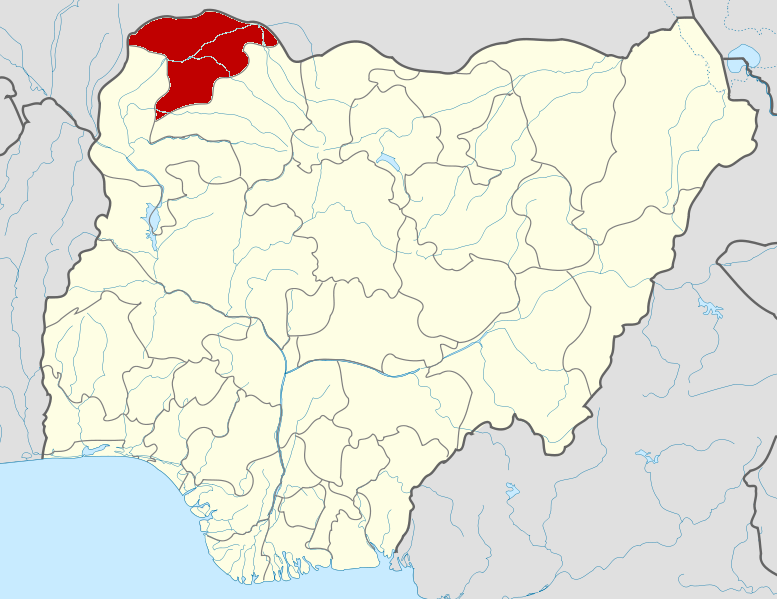The Nigeria Centre for Disease Control and Prevention (NCDC), on Saturday said 13 cases of dengue fever have been confirmed in Sokoto State.
In a statement posted on its official website, the Director-General of NCDC, Ifedayo Adetifa, said the outbreak was detected in November.
Mr Adetifa said so far, 71 suspected cases and 13 confirmed cases have been reported in three LGAs across the state.
He said 60 cases were reported from-Sokoto South, three cases from Wamako and one case from Dange Shuni.
He, however, said no deaths have been recorded from the outbreak.
“The majority of the suspected cases reported fall between the age range of 21- 40 years,” he said.
Mr Adetifa said the current risk level of the dengue outbreak is moderate based on a dynamic risk assessment.
He said there is currently adequate in-country capacity (including technical, health workforce, and diagnostic) to respond effectively in the event of a large-scale outbreak.
“Nigeria has also responded to viral haemorrhagic fever epidemics like the Ebola Outbreak in 2014 and subsequently Lassa fever,” he said.
“This has built our preparedness and response capabilities for viral haemorrhagic fevers like the dengue virus (DENV) over the years.”
About dengue fever
Dengue fever is a viral infection caused by the dengue virus (DENV) and transmitted to humans through infected mosquito bites.
Although, human-to-human transmission of the virus has not been established, individuals who are infected for the second time are at greater risk of severe dengue.
The virus is found in tropical and sub-tropical climates, mostly in urban and semi-urban areas worldwide.
Most people with dengue have mild or no symptoms and will get better in one to two weeks. In rare cases, dengue can be severe and lead to death.
The symptoms of the fever may include high fever, severe headache, pain behind the eyes, muscle and joint pains, nausea, vomiting, swollen glands, and rash.
Controlling outbreak
Meanwhile, Mr Adetifa said the NCDC-led multisectoral National Emerging Viral Haemorrhagic Diseases Technical Working Group (NEVHD-TWG) has conducted a rapid risk assessment to guide in-country preparedness activities.
READ ALSO: Why Dengue fever is on the rise globally – WHO
He said NEVHD TWG coordinates preparedness efforts for Ebola virus disease and other emerging viral haemorrhagic fever diseases.
He said there is a diagnostics capacity for the dengue virus at the NCDC National Reference Laboratory in Abuja and the Usman Dan Fodio University Sokoto Teaching Hospital Laboratory Centre for Human and Zoonotic Virology.
“However, the NCDC will proceed to optimise existing Lassa fever testing laboratories and others within the NCDC national laboratory network for DENV diagnosis to improve preparedness and readiness in the event of a large-scale outbreak.”
Support PREMIUM TIMES’ journalism of integrity and credibility
Good journalism costs a lot of money. Yet only good journalism can ensure the possibility of a good society, an accountable democracy, and a transparent government.
For continued free access to the best investigative journalism in the country we ask you to consider making a modest support to this noble endeavour.
By contributing to PREMIUM TIMES, you are helping to sustain a journalism of relevance and ensuring it remains free and available to all.
Donate
TEXT AD: Call Willie – +2348098788999






